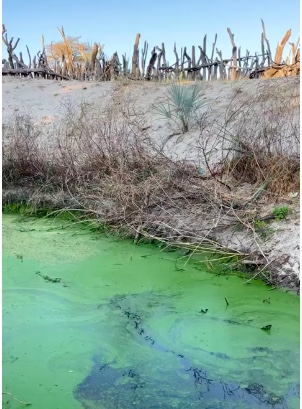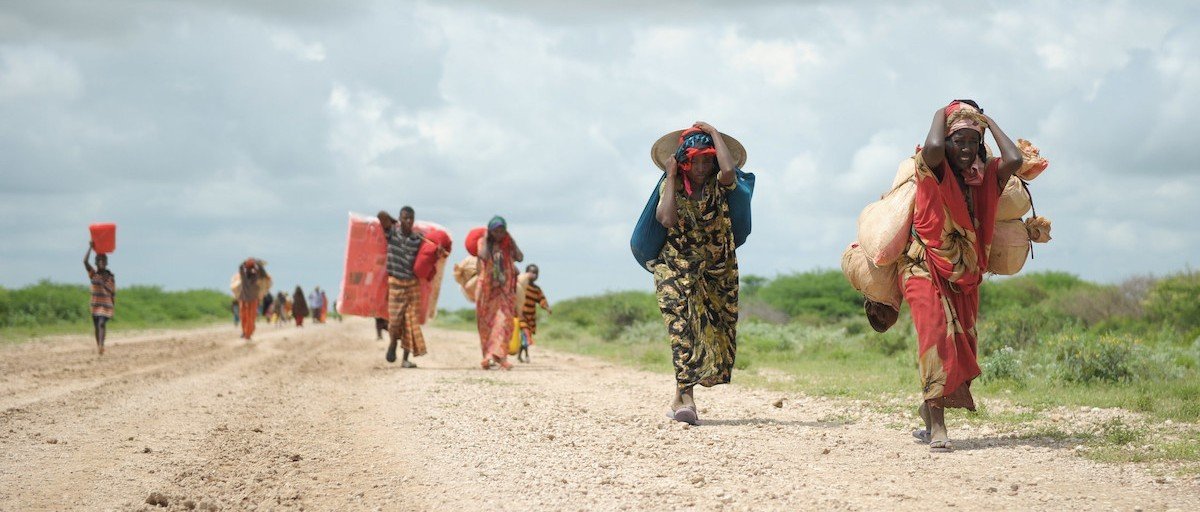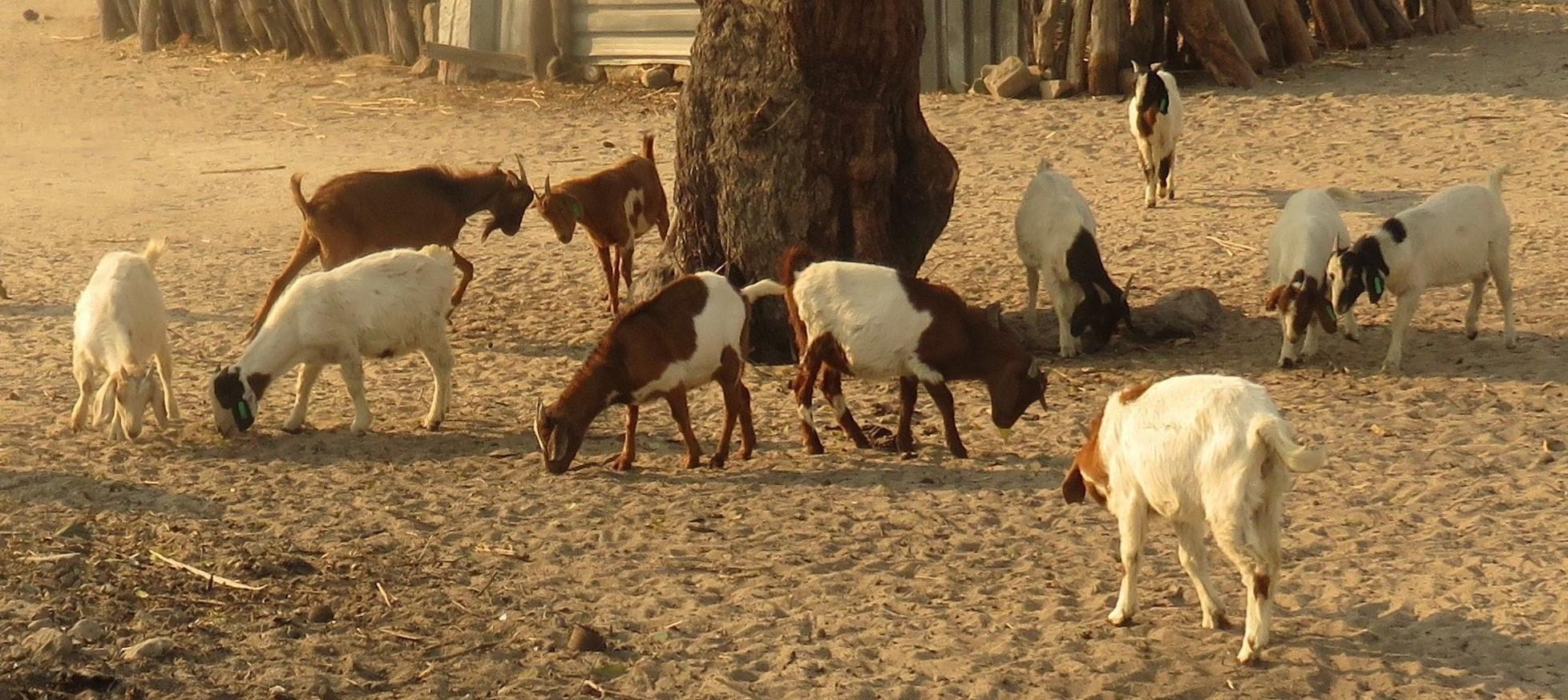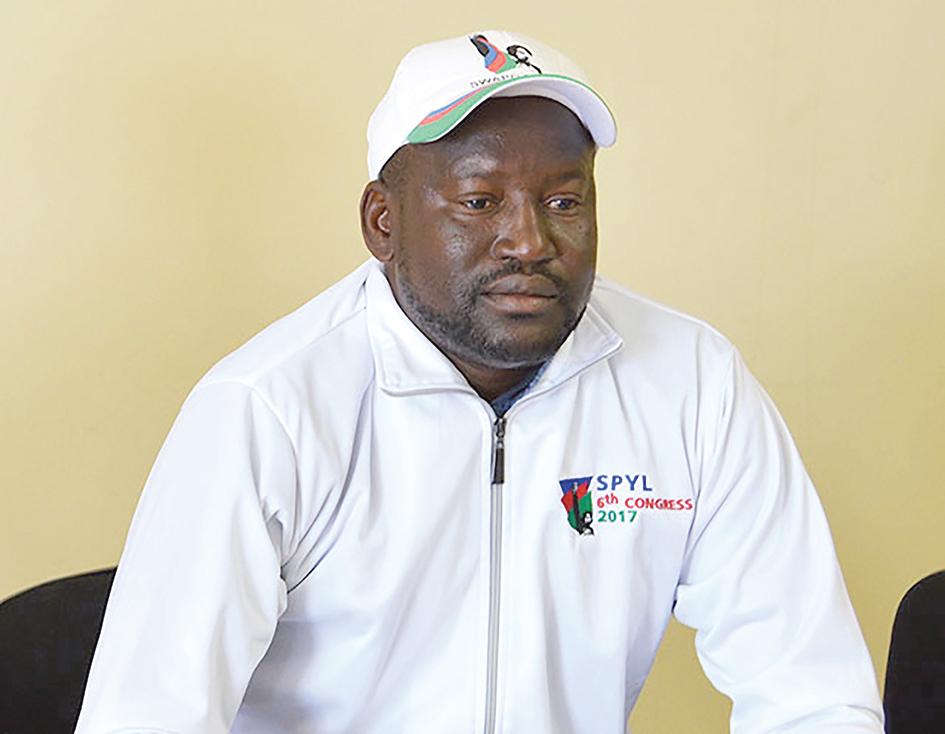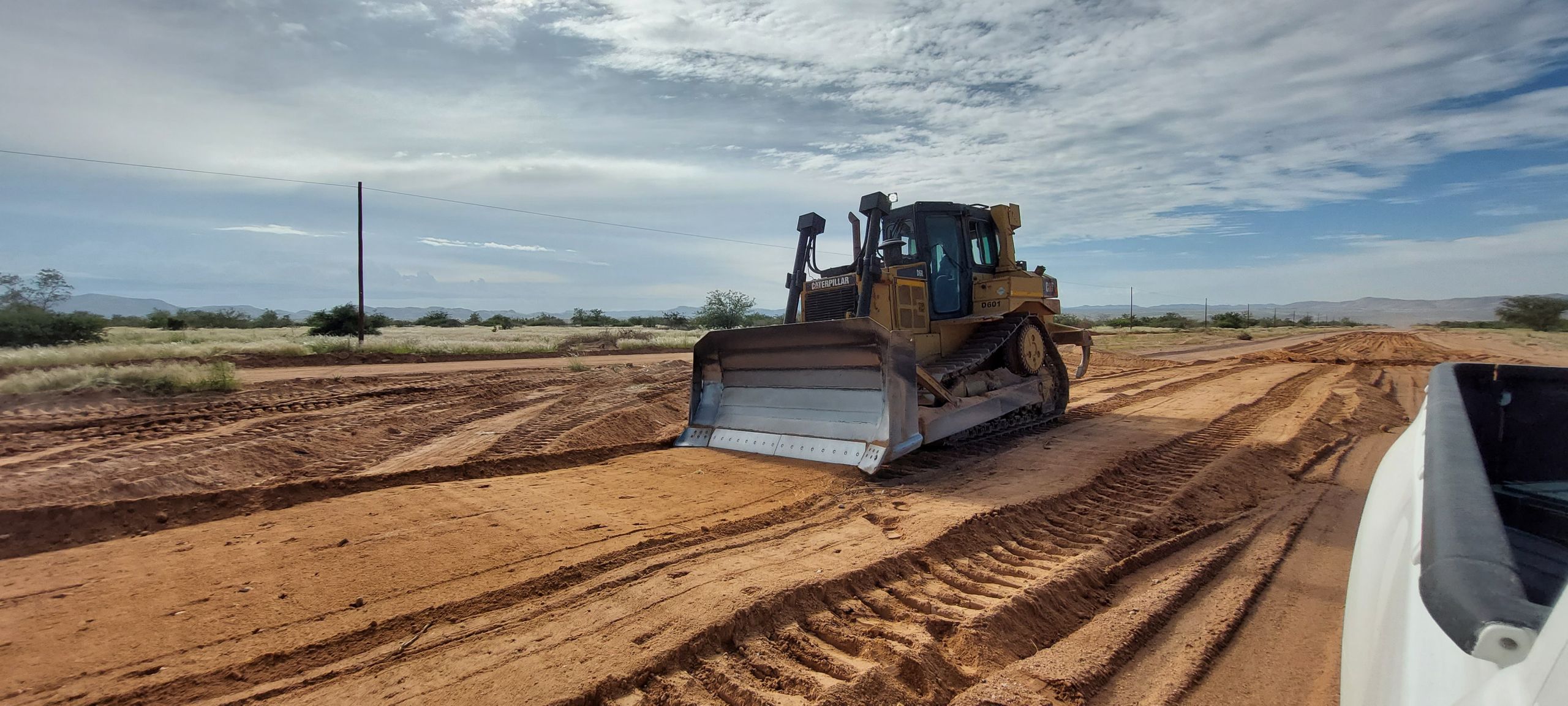A video of a woman collecting water for household consumption in a green, algae filled pond, filmed at an unknown village in the Ohangwena region, has caused uproar on social media.
“It is so sad to see that people have to drink such water more than 30 years after independence. What are people voting for if they continue to live in such deplorable conditions? That water is not fit for human consumption at all,” commented one social media user.
“That is absolutely ridiculous, people in that region (Ohangwena) continue to vote to keep that certain political party in power and yet they get no benefits of even something basic as water, it’s disgusting,” said another person on social media.
The Namibian travelled along the Empembe, Omudaungilo, Oshikunde and Okongo constituencies, where community members are commonly seen alongside roads with donkeys carrying water containers after travelling far distances to collect water.
“We are suffering because it is not easy, and this problem is the same each and every year. We fetch water from wells that are very far off, it may take one, two, or three hours just to get a drop of water to drink and travel back home,” says Johannes Haufiku from a village at Oshikunde.
“It is very frustrating, we need water to function, everyone knows that. Our government knows that. We have homes where we need water for daily consumption, but we have to use water sparsely, even for drinking – to save it because it’s not easy to get it,” said another villager, Tobias Shimweefeleni.
Ohangwena governor Walde Ndevashiya has acknowledged that region is faced with water shortages, despite an abundance of underground water resources.
“The region is facing a serious water supply issue, especially in constituencies that are on the eastern parts,” said Ndevashiya.
Ministry of Agriculture, Water and Land Reform deputy executive director of water affairs Elijah Ngurare said the ministry was responding to the water shortages.
“It is worth noting that the ministry is currently busy with procurement to drill an additional 22 boreholes at Omudaungilo, Epembe, Okongo and the Oshikunde constituencies.
“In addition, 51 earth dams will be constructed and rehabilitated in the Ohangwena region,” said Ngurare.
Stay informed with The Namibian – your source for credible journalism. Get in-depth reporting and opinions for
only N$85 a month. Invest in journalism, invest in democracy –
Subscribe Now!




